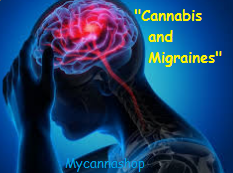Since 2014, patients with severe treatment-resistant epilepsies (TREs) have been receiving add-on cannabidiol (CBD) in an ongoing, expanded access program (EAP), which closely reflects clinical practice.
The Study...
Children and adults with LGS/DS taking stable doses of antiepileptic drugs (AEDs) at baseline were included from 25 EAP sites across the United States.
During the 4-week baseline period, parents/caregivers kept diaries of all countable seizure types. Patients received a pharmaceutical formulation of highly purified CBD in oral solution at 2-10 mg/kg/day, titrated until tolerability limit or a maximum dose of 25-50 mg/kg/day.




















